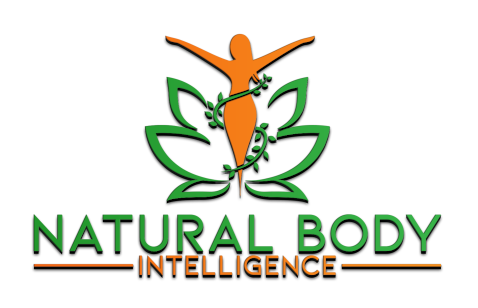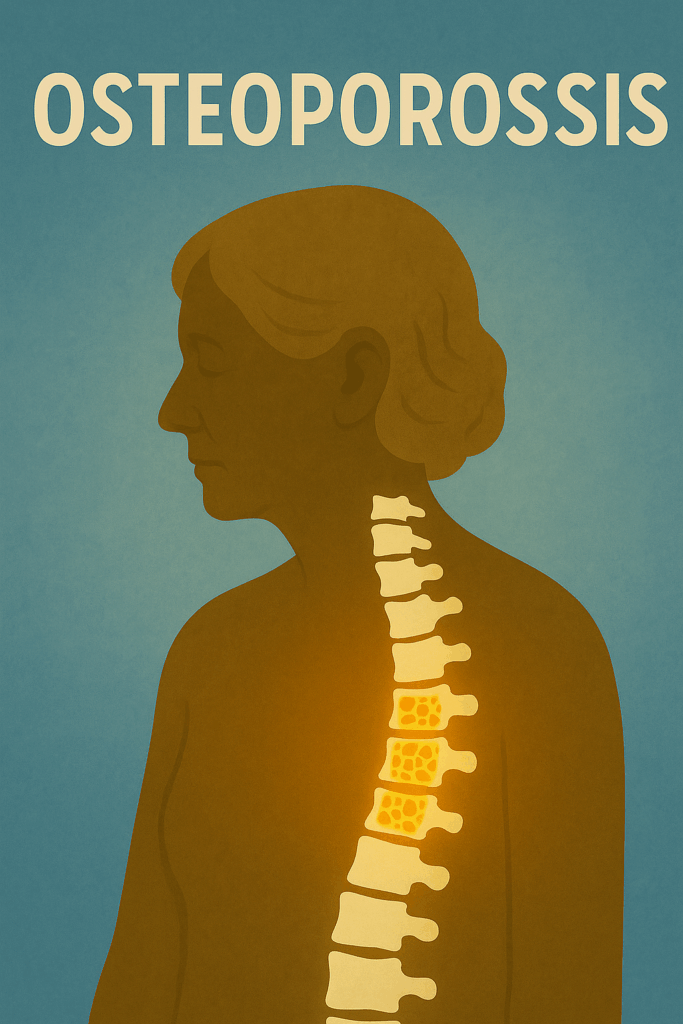Osteoporosis: The Body’s Call for Stability and Rebuilding
Osteoporosis is commonly described as a disease of brittle bones caused by calcium loss. From a Natural Hygiene perspective, however, it represents a long-term imbalance within the body — a depletion of minerals resulting from years of improper living, poor diet, and overstimulation. The body never wastes its own structure without reason. What appears as weakness or decay is in truth the body’s attempt to maintain chemical balance in the face of chronic acidity and exhaustion.
Bone is living tissue, constantly being broken down and rebuilt. For this natural cycle to remain healthy, the blood must stay slightly alkaline, rich in minerals and oxygen. When the bloodstream becomes too acidic from heavy foods, stimulants, or stress, the body draws alkaline minerals — particularly calcium — from the bones and teeth to restore balance. This emergency buffering saves life in the short term but gradually reduces bone density over time. Thus, osteoporosis is not a calcium deficiency but a symptom of long-term systemic imbalance.
The standard Western diet is largely acid-forming. Animal proteins, dairy products, refined grains, sugar, alcohol, coffee, and processed foods all contribute to acid waste. The more such substances are consumed, the more the body must borrow minerals from its own reserves to neutralise them. By contrast, fruits, vegetables, and leafy greens provide alkalinity and living minerals that preserve bone strength. Contrary to popular belief, dairy is not the solution — its concentrated protein and calcium salts actually increase mineral loss through the kidneys.
Movement plays an equally vital role. Bones strengthen in response to weight-bearing activity. When we move, stretch, and work with gravity, the skeletal system receives signals to rebuild. Sedentary living, on the other hand, tells the body those reserves are no longer needed. Gentle exercise — walking, yoga, resistance work, or natural movement in sunlight — supports both circulation and bone renewal.
Sunlight is another essential factor. It activates vitamin D synthesis, which aids calcium absorption and regulates mineral metabolism. Time outdoors also restores the nervous system and increases oxygen intake, both crucial to bone health. Without adequate sunlight, even the best diet cannot maintain strong structure.
Emotional balance is just as important as physical habits. Chronic fear, anxiety, and tension sap the nervous energy that nourishes every organ and tissue. The body under stress consumes minerals rapidly and struggles to rebuild. Relaxation, rest, and self-acceptance restore internal harmony, allowing the rebuilding process to proceed naturally.
Fasting and fruit cleansing can help dissolve acidic residues and reset the mineral balance. Once digestion quiets, the body releases stored waste, freeing minerals to be properly redistributed. Over time, bones regain strength as the inner environment returns to purity and alkalinity.
Osteoporosis, then, is not a sign of ageing or degeneration but of imbalance and overuse of the body’s mineral reserves. The path to recovery lies in simplicity: eating natural, mineral-rich foods, resting deeply, moving gently, breathing fresh air, and allowing sunlight to recharge the system. When the internal terrain is clean and balanced, the bones naturally regain their resilience and vitality — strong, flexible, and alive once more.

